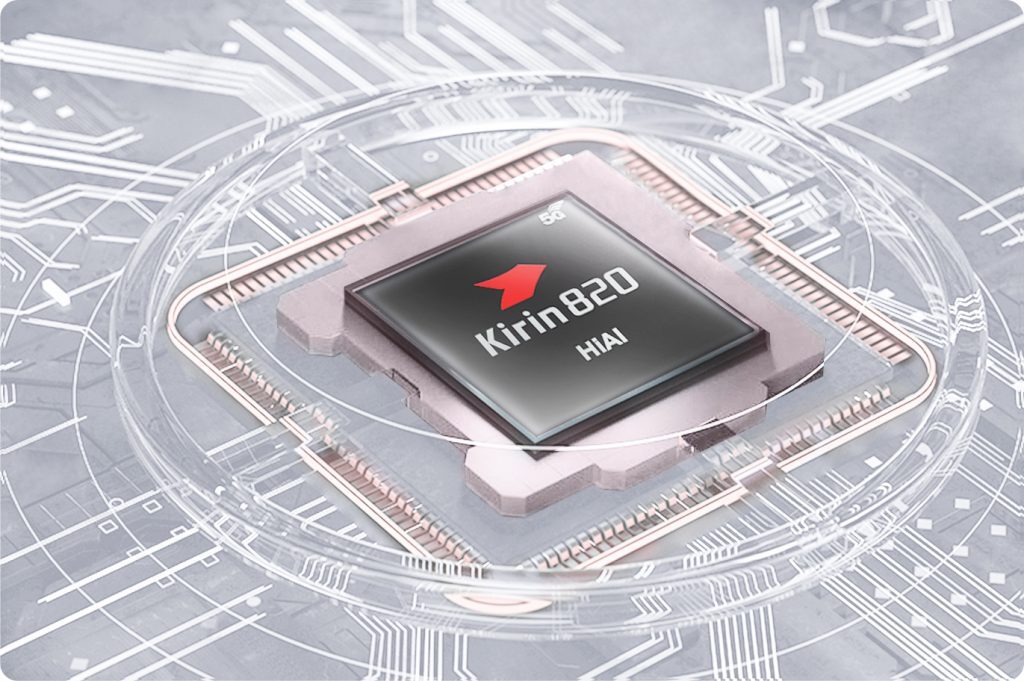A few weeks ago Huawei overtook Samsung as the biggest smartphone maker in the world, thanks to it shipping more handsets between April and June. Now, Huawei may be running out of processors to put in its devices thanks to the US trade sanction implemented in 2019.
The trade sanctions came after pres. Donald Trump decided the company was building backdoors into its devices to spy on US citizens. If this sounds like the premise of an off-topic conspiracy video suggested to you on Youtube, we agree. But following the allegations from the Trump administration, it placed Huawei and 114 of its affiliate companies in China on something called the Entity List which bars US companies from trading with them.
What followed has been hit after hit against the Chinese telecom. First, it lost access to Google services, which rendered its new devices proper Google-less, then it couldn’t order Intel chips for its MateBook series of laptops, and now it seems the company can’t continue using its own Kirin processors. Because, well, they’re manufactured in the US.
A nail in the Huawei coffin?
Richard Yu, the CEO of Huawei’s consumer business unit has made it public that Huawei won’t be able to use its Kirin chipsets in upcoming phones, with the upcoming Mate 40-range likely being the last to use the chipset.
![]()
Interestingly, the Trump administration expanded on its sanctions against Huawei, by preventing foreign manufacturers of semiconductors who use American software and technology in their operations from shipping their products to Huawei. That is unless these companies can get the explicit go-ahead from the US government.
This is, obviously most factories of operations, whether hardware or software use some form of US technology in the manufacturing process. Most notably, Windows, Microsoft and Android dev kits. But anyways, so the Taiwan Semiconductor Manufacturing Co. (TSMC), which happens to be the largest semiconductor manufacturer in the world, reportedly halted orders for Huawei’s HiSilicon unit in May.
Apparently, earlier this year, the US-based chipmaker Qualcomm requested that the Trump administration ease restrictions on the sale of components to Huawei, and allow it to sell chips to Huawei for use in its 5G phones. Clearly nothing came of that.
